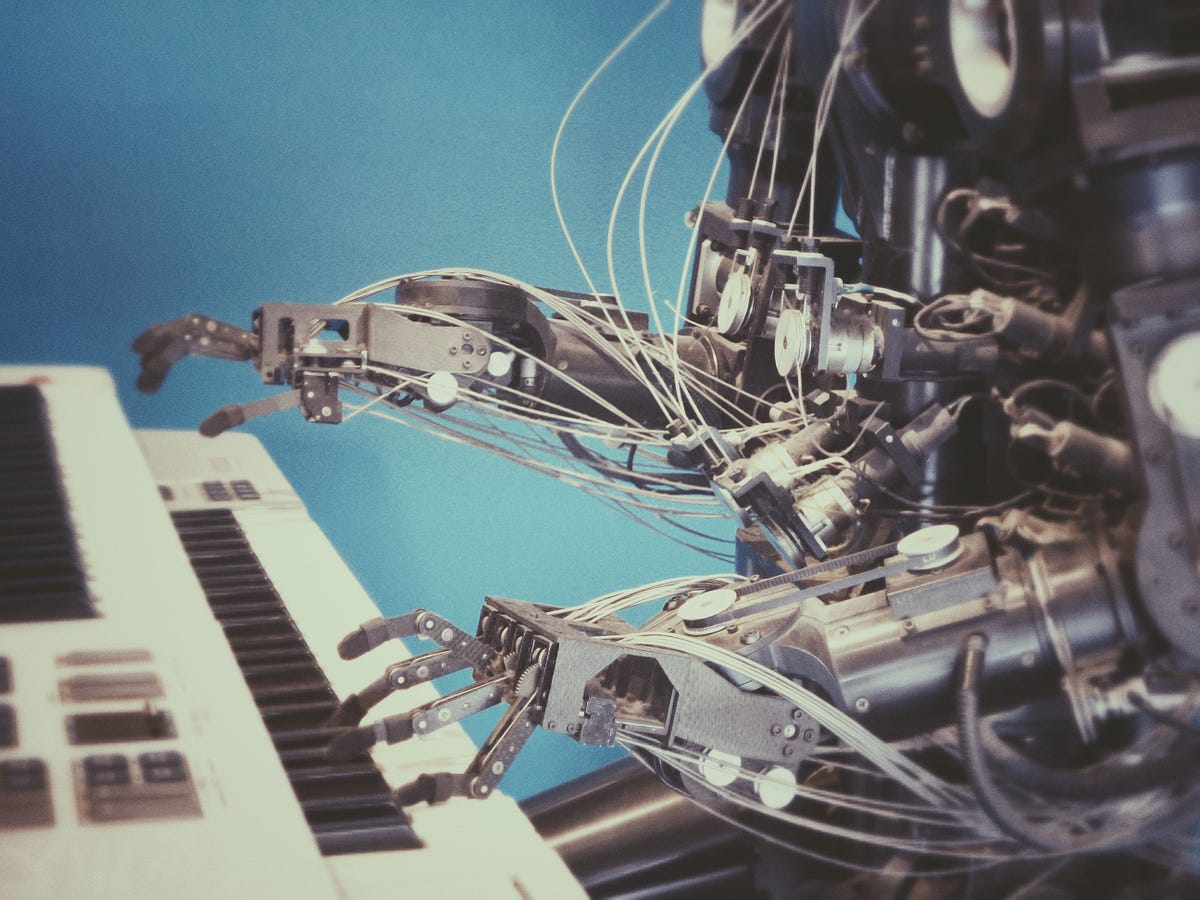In 1962, mathematician John Tukey stated in his paper, The Future of Data Analysis, “For a long time I thought I was a statistician… But as I have watched mathematical statistics evolve… I have come to feel that my central interest is in data analysis…”. He then describes data analysis as “a science, one defined by a ubiquitous problem rather than by a concrete subject”. In these words, Tukey is stating that while mathematics is simply a set of defined, a priori truths; data analysis is an empirical science where knowledge can be gained through constant experimentation. Tukey appears to more or less define statistics as a subset of mathematics and data analysis. According to Tukey, “Individual parts of mathematical statistics must look for their justification toward either data analysis or pure mathematics”.¹
We can see that Tukey’s sentiments echo today, as the term ‘Data Science’ is becoming an everyday jargon in the tech world. Additionally, many established universities have created ‘Data Science’ degree programs only in the past half-decade. Many of these programs serve as an extension of their already existing statistics curriculums. It’s safe to say that the field has very quickly become its own unique discipline. Tukey closes his paper with a prescient understanding of the importance data will play in the future as computational storage power becomes greater: “…there are situation[s] where the computer makes feasible what would have been wholly unfeasible… where speed and economy of delivery of answer make the computer essential for large data sets and very valuable for small sets”.¹
Fast-forward to 1994. BusinessWeek publishes an article titled Database Marketing. The article goes into detail describing the rise of new checkout scanner technologies that were being used in stores during the eighties. The vision was that each scanner would create a transaction record that stored data on each item purchased. This could then, in turn, give retailers insights on what to advertise based on customer demand and purchase history.² In the end, however, this checkout scanner craze didn’t live up to its promise. Companies simply didn’t have the technological infrastructure or the computational power to handle these volumes of data, let alone get insights from them.³
#data-science #strategy #history-of-technology #opinion
